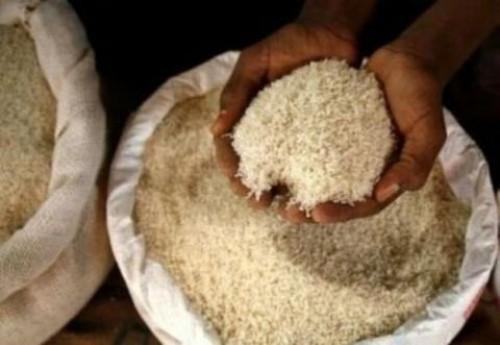
Cameroon: why the fall in rice prices is slow to be passed on
As rice prices are falling on the international market, Cameroonian consumers are struggling to feel the effects. In 2024, the country imported 744,489 tonnes of rice worth CFAF 320 billion, up 59% on the previous year.
Since October 2024, world prices have fallen by an average of 7%, thanks to the lifting of export restrictions in India. However, the impact in Cameroon remains limited. Although the government announced a drop in prices in April 2024 (between CFAF 70 and 90 per kilo), it is still less than the global fall. Importers explain this situation by the need to sell off stocks purchased at higher prices. ‘It’s difficult to lower prices immediately as long as these stocks haven’t been sold’, confided one operator in the sector. The Ministry of Trade says it is closely monitoring the situation and is seeking to reconcile the profitability of importers with household purchasing power.
Beyond the impact on consumers, lower prices could reduce the import bill, which has cost more than CFAF 1,153 billion in five years. However, dependence on imports leaves Cameroon vulnerable to fluctuations in the world market.
Despite announcements of support for local production, the results remain modest. In 2024, only 452 tonnes of seeds were produced out of the 8,102 tonnes planned, and the rice deficit is still estimated at over 500,000 tonnes.
source: Business in Cameroon

